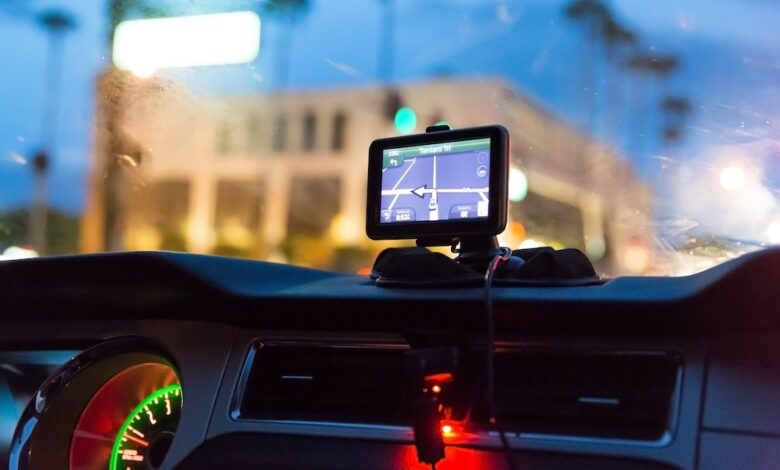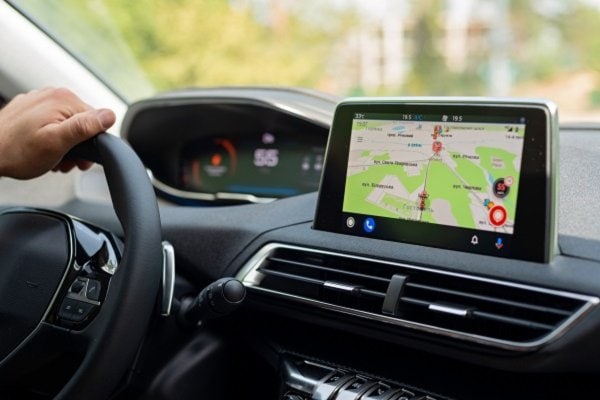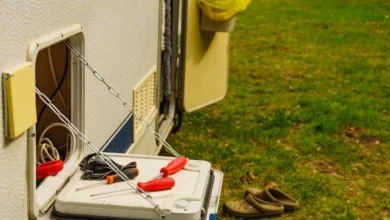The Impact of Weather on Your Car’s Navigation System and How to Handle It

A car’s navigation system provides invaluable assistance, helping drivers find their way, avoid traffic, and reach destinations efficiently. However, various weather conditions can interfere with its performance. Understanding how weather affects your car’s navigation system and taking steps to mitigate these issues can ensure that the system functions properly, no matter the conditions outside.
How Rain and Moisture Affect GPS Signals
One of the most common weather-related issues for car navigation systems is interference caused by rain or excessive moisture. GPS signals are transmitted via satellites, and heavy rain or water buildup on the vehicle’s roof can distort or block these signals. This interference may cause the navigation system to lose its position, display incorrect routes, or fail to calculate directions altogether. Additionally, moisture buildup on the GPS antenna or the system’s screen can lead to glitches or slow response times.
The Effect of Extreme Heat on Your System

Extreme heat can also impact the performance of your car’s navigation system. High temperatures can cause the internal components of the system, such as the screen or processors, to overheat and malfunction. Overheating can lead to freezing, slow operation, or shutdowns. In some cases, exposure to extreme heat can even damage the navigation system’s hardware, especially if the system is left in direct sunlight for extended periods. This can affect the display, touchscreen sensitivity, and overall system performance. The choice for the Auto Repair in Helena, MT would be essential now.
Snow and Ice: Physical Blockages and Signal Disruptions
Snow and ice can cause a range of issues for car navigation systems, both physically and electronically. Accumulation of snow or ice on the vehicle’s antenna can block or distort the GPS signal, making it difficult for the system to track your location. Additionally, road conditions caused by snow and ice can confuse the navigation system, leading to inaccurate route suggestions. While the system might still work, it may struggle to provide precise directions in areas with poor visibility or unplowed roads.
How to Handle Weather-Related Navigation Issues
To mitigate weather-related issues with your navigation system, it’s important to take proactive measures. Regularly clean your car’s antenna and ensure that it is free from dirt, snow, or ice buildup, as these can block signals. If you notice a slowdown or malfunction due to heat, park your car in the shade or use sunshades to protect the system from direct sunlight. In winter, use an appropriate cover to protect the navigation antenna and avoid exposure to harsh conditions.
Conclusion
Weather conditions, including rain, heat, snow, and ice, can affect your car’s navigation system in various ways. By understanding these impacts and taking simple precautions, such as cleaning the antenna, protecting the system from extreme temperatures, and ensuring the screen remains clear, you can maintain the functionality of your navigation system. Proper maintenance and awareness will help ensure that you always have reliable guidance, no matter what weather conditions you encounter on the road.



